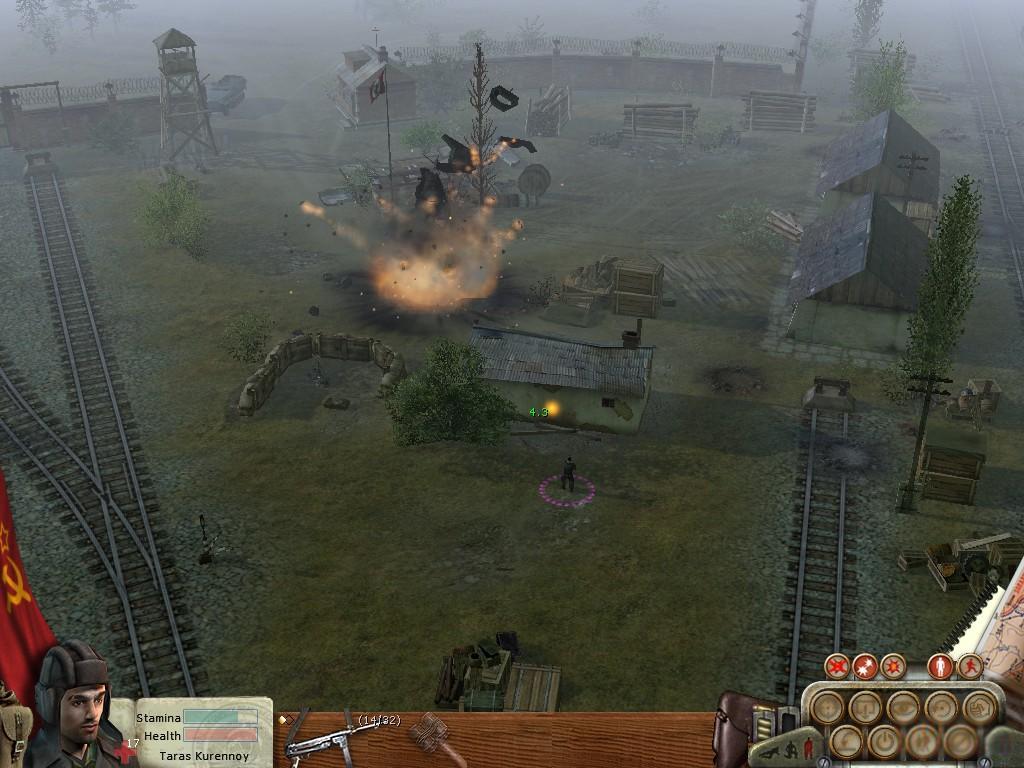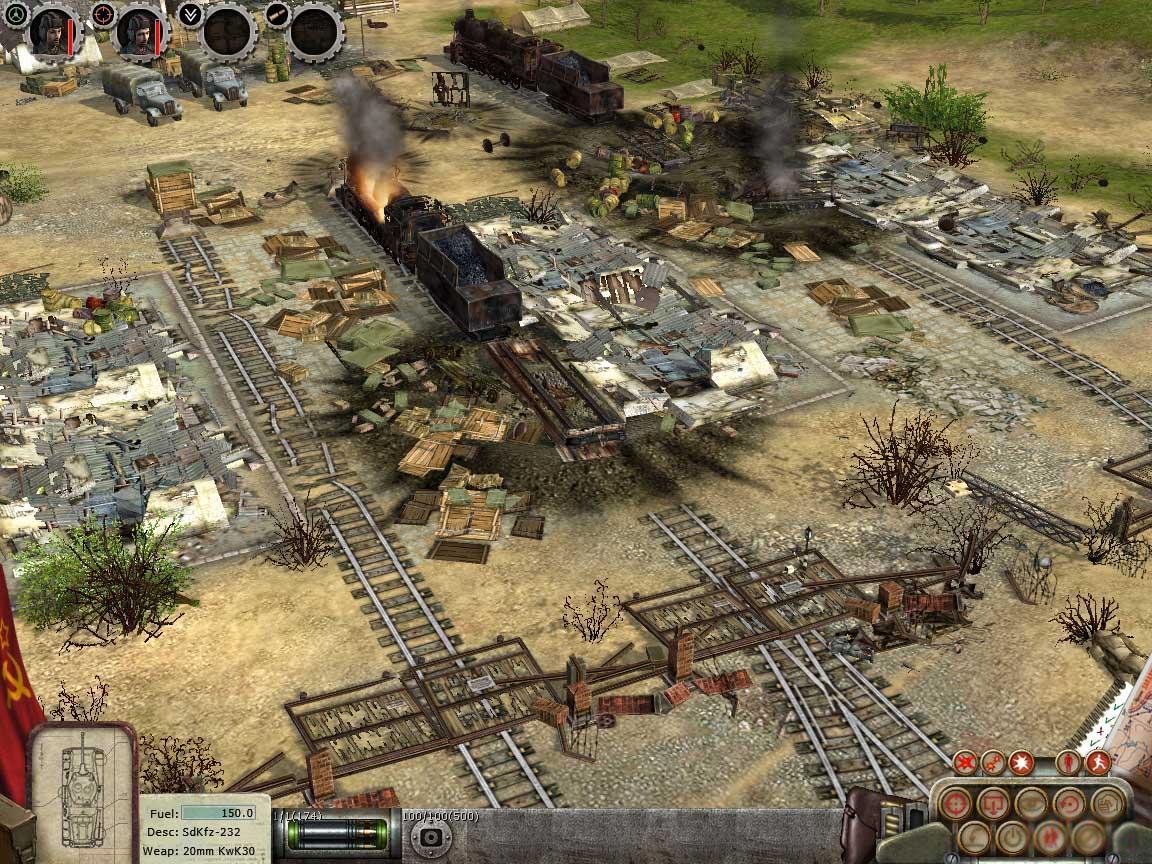

He considered how history would judge him and England when advocating for the Dardanelles campaign, resisting the appeasement movement in the 1930s, and many other critical points in history. Roberts points out, as have others, that Churchill was often motivated by his perception of how history would judge him-and Britain. In fact, most decisions Churchill made-especially during his middle age and through World War II-were well-considered and based on history and a careful reading of his contemporaries, but we’re far from simple. While many biographies present decisions, events, and motivations in a rather matter-of-fact manner, Roberts manages to show that decisions were not always simple and straightforward. Roberts acknowledges a certain amount of hero-worship for the protagonist, but also criticizes where criticism is due, and asks readers to evaluate certain actions and thoughts within the context of new evidence.Ĭontext, itself, is a critical part of this examination of Churchill’s life.

Also explained in several instances is Churchill’s perception of himself and his careful assessment of when to fight for a cause and when to back off. It is the reassessment of Churchill’s roles and actions in these and many other events that really invite readers to reassess Churchill himself. Roberts carefully reexamines events such as the Tonypandy Riots, the Indian Famine, Churchill’s role in the defense of Antwerp in 1914, and his early opinion of Mussolini. Even if the new evidence does not absolve Churchill of complicity in some events for which he has long been criticized, it does provide greater context and begs consideration of the options that Churchill might have had before him. Written evidence, especially that of the King, provides insights into some of Churchill’s more questionable decisions and beliefs. Accessing diaries from notables such as King George VI and parliamentary documents from the House of Commons, Roberts is able to explain many of Churchill’s actions and thoughts with much more certainty than could the historians and biographers of earlier generations. I think the most important aspect of this book is that it draws on materials that have not been available to historians and researchers until very recently. Roberts presents evidence and arguments that have led me to re-evaluate not just Churchill’s actions during World War II and the Cold War, but also the roles of Britain, the Commonwealth, and other nations. The fact that my reading this book coincided with the commemoration of the seventy-fifth anniversary of many of the closing acts of World War II in Europe also delayed my writing this review. It took me a while to come to terms with some of these long-held opinions and evaluate them against the new evidence that Roberts provides. Churchill-Walking with Destiny challenged many of the notions I have had of Churchill since I was a young student of history. There are a few reasons why it has taken me so long. It has taken me quite a while to sit down and write this review of Andrew Roberts’ remarkable biography of Winston Churchill.


 0 kommentar(er)
0 kommentar(er)
